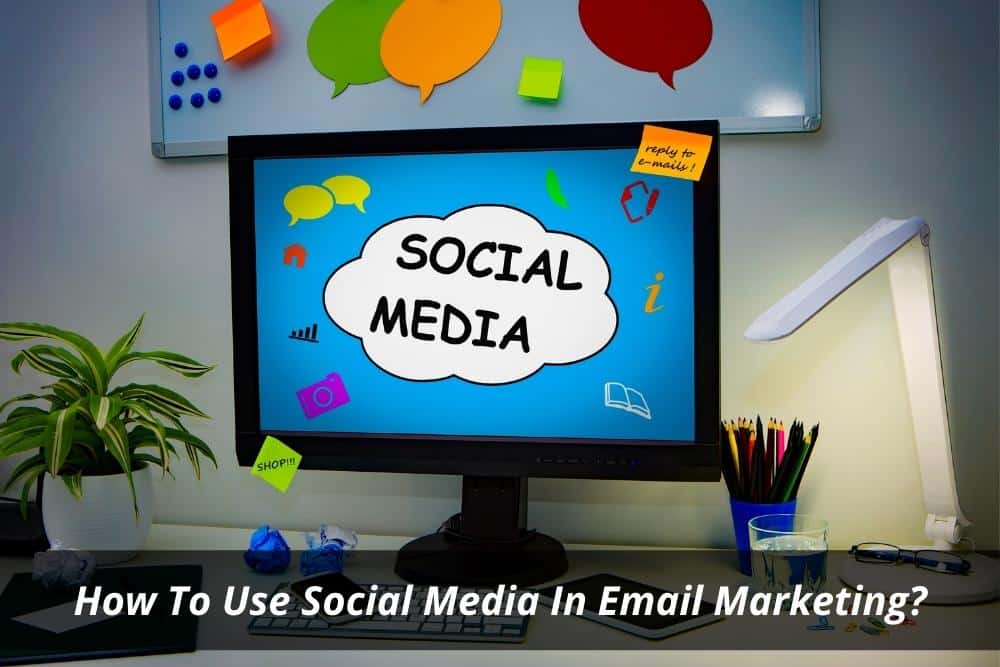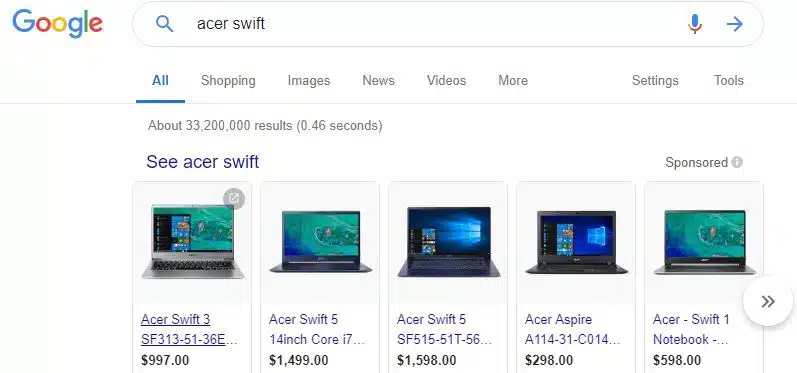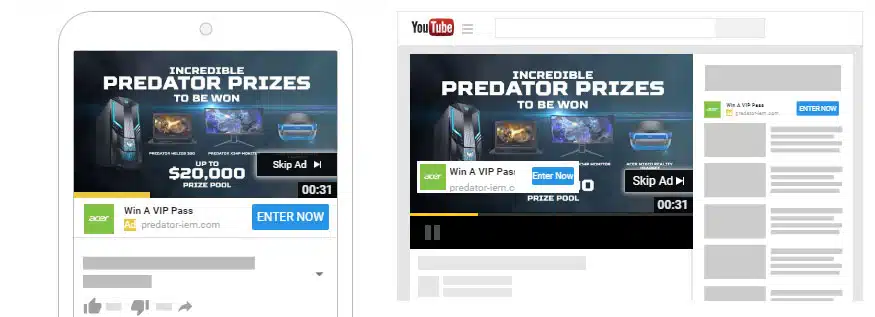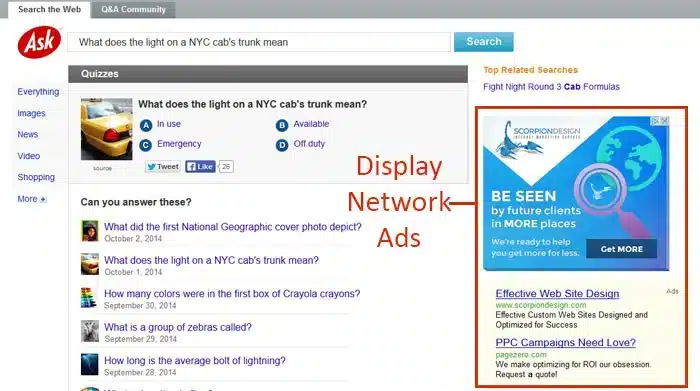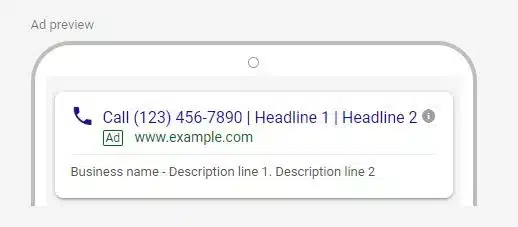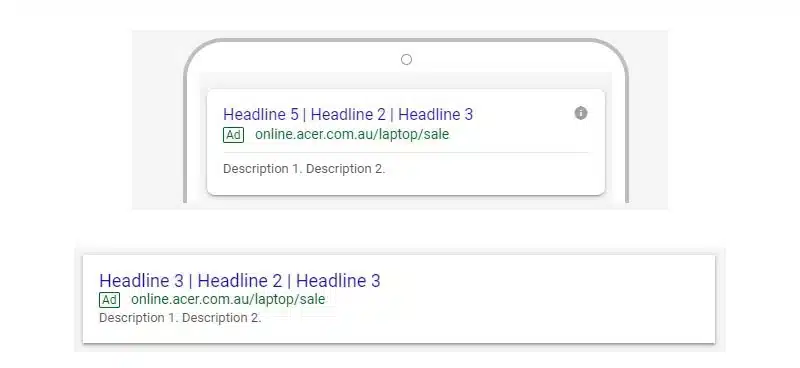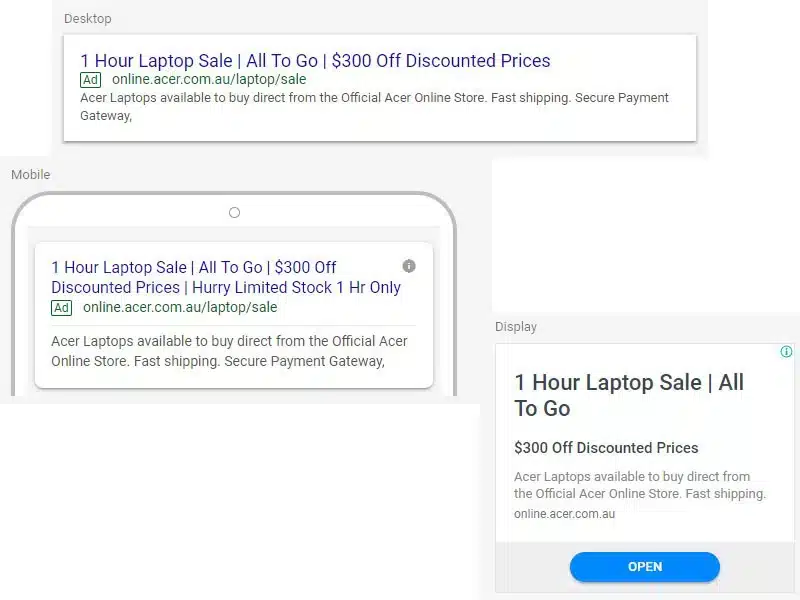Are you wondering how to use social media in email marketing? Social media has become a powerful tool for content marketers and businesses alike. If you haven’t already done so, now is the time to start using these platforms to promote your brand or business.
Social media sites such as Facebook, Twitter, Instagram, LinkedIn, Pinterest, etc., allow companies to connect directly with their customers. This means they can send messages, post updates, and even offer discounts through emails.
Email marketing is a great way to reach out to potential clients and build relationships with them. In this article, we’ll show you how to leverage social media platforms to increase your email marketing success.
Why Use Social Media Marketing?
There are many reasons why it’s important to incorporate social media into your marketing strategy. Here are just some of the benefits of using social media:
Boosted visibility
In order to attract more attention from customers, businesses often have to do things that might seem strange to outsiders. For example, when you visit a restaurant, where will you sit? Most people choose random tables without thinking about what they want to eat.
Nowadays, however, there are apps that help us find good restaurants based on our preferences. These apps are called “location-based services.” Businesses that target local customers can take advantage of location-based services by creating mobile apps for themselves.
When searching for a new place to eat, users of location-based services are more likely to download an app if the restaurant offers one. So if you’re planning to open a new restaurant, be sure to create a mobile app for yourself!
Build trust and credibility
People tend to trust recommendations from friends. The same holds true online. When you share information or insights via social networks, people tend to believe that your recommendations are legitimate.
This increases the likelihood of people buying products or signing up from the builder for services from you. Even if you don’t personally know someone, you can still use social media to build credibility and trustworthiness. You can simply ask questions – “what do you think?” “What other brands/people should I follow?”
If you own a restaurant, for instance, you could invite followers to give feedback to improve your service. Or, you could share customer reviews of your restaurant on different social media channels.
Connect with others
Social media allows people to communicate with each other. No matter whether your goal is to get feedback on your product or just make friends, there’s no better platform than social media for reaching out to others.
You can see who’s following you on social media sites and engage in conversations with them. By interacting, you can build rapport and possibly get feedback on your product. As a result, you may discover additional ways to market your business.
Improve SEO
By connecting with your customers, businesses can gain valuable insights into what kind of advertising works best for them. This knowledge helps companies measure the effectiveness of their ad campaigns. It also helps them formulate strategies to improve conversion rates.
Businesses can then implement those changes to optimize their websites for search engines like Google. This includes adjusting keywords, improving site speed, optimizing images and videos, and more.
Generate leads
Once you’ve established a relationship with your customers, it’s easier to convert them into potential buyers. Social media gives businesses another way to connect with their fans and followers. A few simple clicks allow businesses to collect contact details and other data from existing customers.
This info then gets fed into lead generation software which automatically sends personalized emails targeting specific groups of customers. With the right tools, this process can generate thousands of leads per month.
Increase brand visibility
If consumers trust you, you’ll stand out from competitors and become known as a trustworthy expert. People often prefer using your company name rather than generic terms when browsing through social media profiles.
As a result, when searching for something, people are much more likely to click on your links than on those of other businesses. This means that your marketing channel’s presence can increase brand awareness.
Make sure to keep the tone friendly. Avoid being overly promotional. Your messages need to be genuine so that people feel comfortable sharing personal opinions with you. If they’re not, they won’t interact with you.
Build relationships
As mentioned above, people trust recommendations from people they know. When you create a strong impression by communicating with others, they will have even higher expectations of your business. By giving advice and answering questions, you can develop a reputation as an authority figure.
When people view you as knowledgeable, influential and helpful, they will be more open to hearing about your business and its offerings. They’ll be more inclined to choose to work with you instead of another business.
Make sure to reciprocate the goodwill. Return the favour of helping someone else by providing value. Share useful information, help others solve problems or offer suggestions.
The key points to remember:
Know your target audience.
Create a strategy based on your goals.
Understand how your customers behave online.
Analyze your results to identify areas for improvement.
Keep your message consistent across all devices.
Use analytics tools to track activity.
Measure the impact of different activities.
Stay flexible and adaptable. You should always be thinking of new ways to reach your customers.
You may want to take some time to think about what it would mean if every single one of your customers could see your posts on social sites. What would that look like? How would you approach building your following?
Would you focus on Facebook, Instagram or Twitter? What would you do differently? Remember that each platform has its own set of rules and regulations, so make sure you follow them before creating social media a plan.
Marketing on Social Media is the best way to promote any product/service online. It allows you to post videos, pictures etc. directly on Google+, YouTube, LinkedIn and many other Social networking websites. The only thing you need to do is just copy-paste relevant articles on these websites, put a link on your website and watch the traffic flow on your website!
What social media platforms are most effective for email marketing?
Facebook – Email marketing campaign is very successful on Facebook pages because users tend to read emails while scrolling newsfeeds.
Instagram – Instagram doesn’t allow companies to send direct mail offers to their followers, but you can still market your products and services here.
Twitter – While Twitter limits the number of characters you can include in tweets, it makes it easy to share images and videos.
LinkedIn – LinkedIn is a professional site that works well for B2-B marketers.
Pinterest – Pinterest is great for connecting with potential clients who are looking for ideas.
Snapchat – Snapchat is perfect for real-time communication.
Tumblr – Tumblr is great for industry blogs as well as creative writing and art submissions.
YouTube – YouTube is a popular place for viewing videos, so this is a good channel to get your name out there.
Google+ – This is currently a dead social media platform, but you can still use it to build your brand.
WhatsApp – WhatsApp is used mostly for text messaging between friends and family. However, it does now support links, images, and videos.
Email marketing strategy is one of the oldest forms of digital marketing. It’s often overlooked as being too old-fashioned, but when done correctly it can generate millions of leads for businesses.
Should I focus on Facebook or Twitter?
Both are fantastic options, but they have both strengths and weaknesses.
For example, Twitter is a great place to connect with a group of people who work at your company, but it’s not the best choice for reaching people outside of your target market. On the flip side, Facebook is an excellent option to grow your business by getting in front of more people, but it’s not going to help you connect with those people who aren’t already connected with you.
There are also things to consider when deciding whether to go with Facebook or Twitter:
Which platform will be easier for your employees to use?
Are you able to create custom tabs? (This lets you show certain information depending on the user)
Can you create apps? (Apps let you add additional functionality to your app.)
Can you integrate with third-party applications? (Third-party apps are ones that aren’t built into the application itself.)
Do you require secure access? (If you’re dealing with sensitive data, you’ll need to ensure all communications are encrypted.)
Is there enough room to display ads? (Ad space is limited on both Facebook and Twitter.)
The answer to all of these questions depends on how much time you have to devote to your social strategy. If you don’t have much time to spend, then Twitter is probably the better fit. But if you have the resources available, Facebook is a better option.
Is there any difference between an automated and a manual campaign?
Automated campaigns typically involve multiple emails sent over time. The frequency of email subscribers varies based on the type of automation software you choose.
Manual campaigns usually involve one email sent out to everyone on your list. You can set the frequency of these emails yourself.


